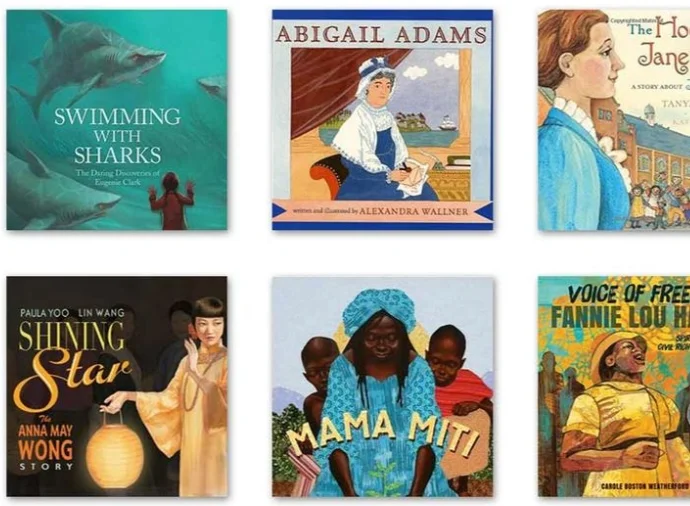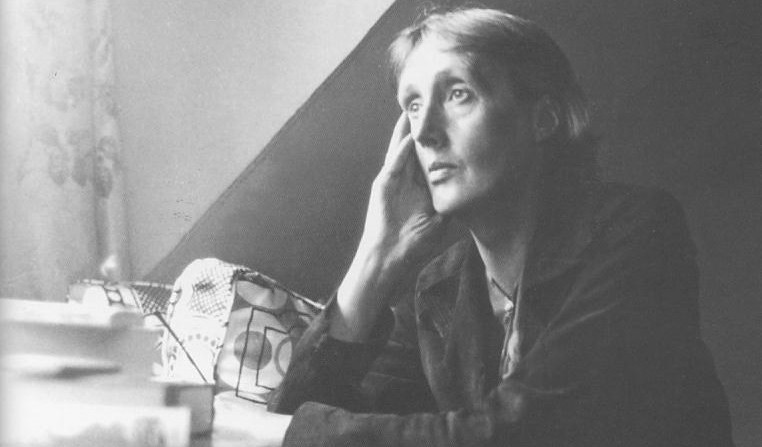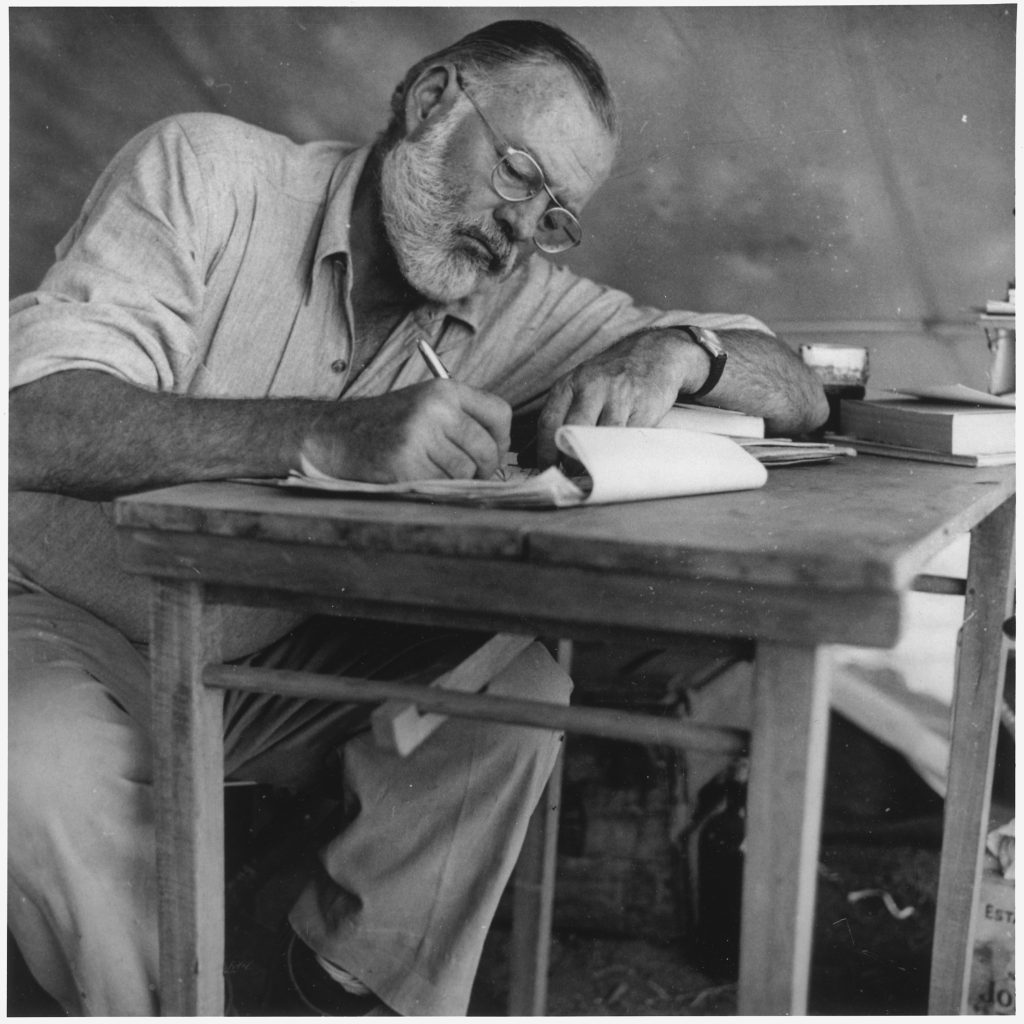An easy way to enhance your creative skills is to observe. And then interpret. Sometimes, the written word of the sentence might not come to your mind at a go. But you should keep juggling your mind with the best possible words to make the best possible expression.

There are a lot of interesting things going on in the world around you. For instance, take a walk and think about things you observe. Ask yourself questions like what is that individual doing, what exactly is that child staring at, what is the point of the logic of those folks arguing.
Make a summary of anything you’re watching on TV or perhaps a series you’ve just completed. Whatever you see, understand, sense, or experience should be written about! You’ll be shocked at what comes to mind and your creative explanation.
If you come across a word that you don’t recognize, look up its definition in a dictionary. And then practice using it in a sentence to obtain a better grasp of it. It can be challenging to create new characters or a novel concept from scratch at times.
Also, make a list of the greatest sections of the narrative; whatever you appreciated the most while reading it. This might assist you in comprehending the components of a great story as well as what to avoid when writing. There are a plethora of materials on the internet, as well as publications, newspaper headlines. nd any other terms you come across.
For better, let’s take a look at some authors whose works and habits can actually help your creative skills by reading them.
Best Authors to Read to Improve Your Creative Writing Skills
Virginia Woolf
Woolf’s lyrical writing is known and admired for her willingness to try new things. Her novels are, without a doubt, incredibly unconventional. For example, Flush: A Biography is written entirely from the perspective of Elizabeth Barrett Browning’s dog. Woolf’s works all question the idea of a standard narrative in some way, from the poetic monologues in The Waves to the distinctive temporal structure of To the Lighthouse.
We can most clearly sense her indomitable energy and hear Woolf’s own voice in her beautifully produced writings.

Virginia Woolf, an English writer, is usually regarded as one of the most influential modernist and feminist writers. She was successful in her own right, both in her writing and in her efforts to reform education. She and her husband, Leonard, also owned and operated Hogarth Press.
However, with the third wave of feminism in the 1970s, she became an icon. Since then, her name synonymous with the movement, and her work translated into over fifty languages, including her most renowned novel, Mrs. Dalloway.
Charles Dickens
Dickens’ credo and strategy were “make them laugh, make them cry, make them wait.” We can understand the strategies to carry out this strategy closely because they were crucial to the master narrator’s work. From him, we can learn how to employ comedy.
Those who want to write serious fiction, in particular. Dickens was a master of high humour, employing satire, puns, wordplay, and a peculiar form of characterization that poked fun at his own creations while imbuing them with life and a distinct personality.
A Christmas Carol by Charles Dickens is a timeless masterpiece. Even if you don’t intend to write exactly like Dickens, any writer can learn something from his work, such as a technique, an idea, a theme, etc.
Ernest Hemingway
We know him for his concise minimalist writing style, which was devoid of adjectives. Hemingway’s writing style was semi-revolutionary at the time. He reduced a sentence or paragraph down to its essential bones, removing whatever he didn’t need.
He was able to develop a new method of memorizing vocabulary and descriptions there which allowed him to get to the center of the novel much more quickly.

It uses simple, natural language that exudes directness, clarity, and freshness. This is due to Hemingway’s consistent use of concrete, specific, more generally used, casual, and conversational terms. He avoids difficult terminology and rarely employs adjectives or abstract nouns.
Let’s remember four quick rules that we can learn from the Hemingway style:
- Short sentences.
- Short first paragraphs
- Vigourous English
- Be positive
Stephen King
King used extensive metaphors to beautifully symbolize the job. To compare the full set of labor to an independent subject is to use an extended metaphor. The Green Mile is one of the best examples. To create realism in the work, King used a blend of letters, news clips, magazine articles, and passages from books in an epistolary fashion.

Stephen King also builds recognizable characters with fundamentally flawed but human characteristics that inspire quick sympathy from readers.
Vladimir Nabokov
Complex storylines, smart wordplay, bold metaphors, and a literary style capable of both mockery and passionate romanticism are all hallmarks of Nabokov’s work.
The novel’s hilarious and ornate style is the consequence of double entendres, multilingual puns, anagrams, and coinages in his well-praised work ‘Lolita.’ Humbert’s writing style is also quite visual; he frequently urges the reader to see what he describes.
Parting Words from Podium
To strengthen your creative writing skills, alter a well-known narrative or a fairy tale significantly so that it has a new conclusion. It can even be told from the perspective of a different character. When you’re reading a book, attempt to spot the problems and make a few suggestions for improvement.
Read several books! From outdated storybooks to newspapers, read whatever you may find lying about your house. While reading this, pay attention to the writer’s choice of words, metaphors, adjectives, characters, storyline, and tale tension, among other things.
Few books you can start your creative writing journey with-
- To Kill a Mockingbird by Harper Lee
- MrsDalloway by Virginia Woolf,
- The Old Man and the Sea by Ernest Hemingway.
For more updates check out some other articles related to creative writing on our website and get started with your creative writing skills and onto a journey of adventures!
You can also add some of your own thoughts and suggestions of great books that help your vocabulary and skills. Do share these amazing works by the greatest authors of all time with your family and peers! For more advice on creative writing skills, don’t forget to drop in and check out the Podium Blog’s latest updates on the Creative Writing Archives.
Share with your friends